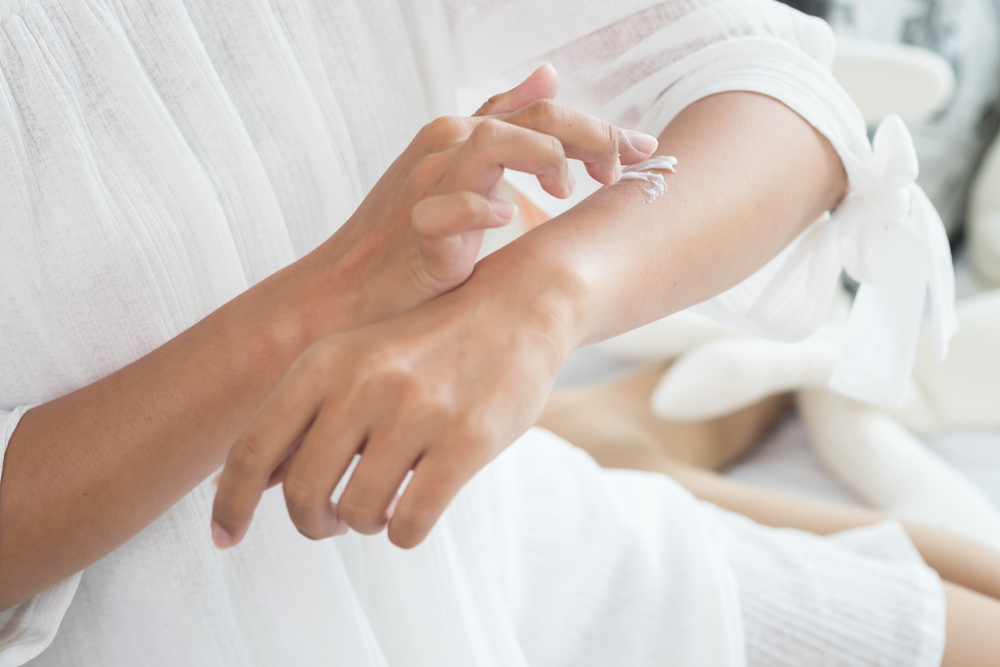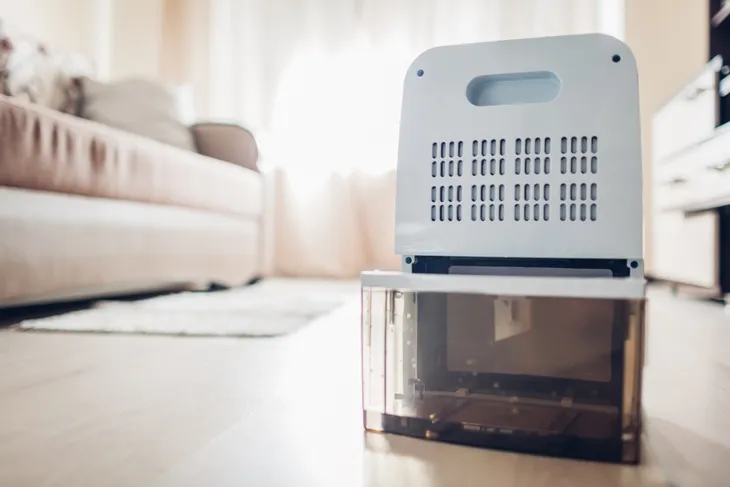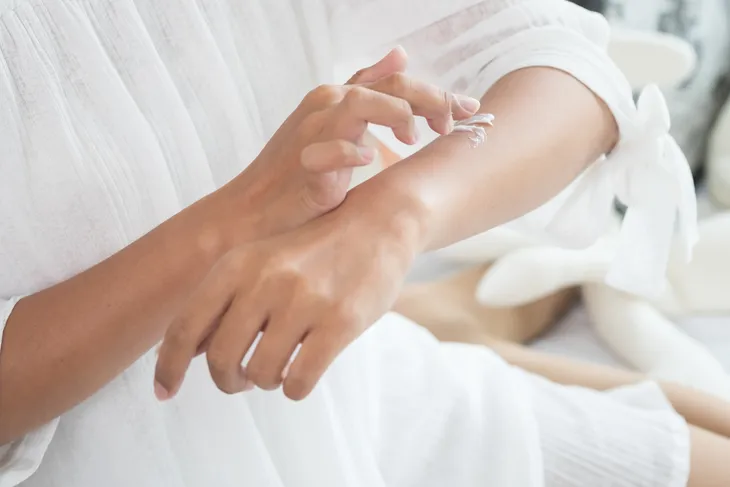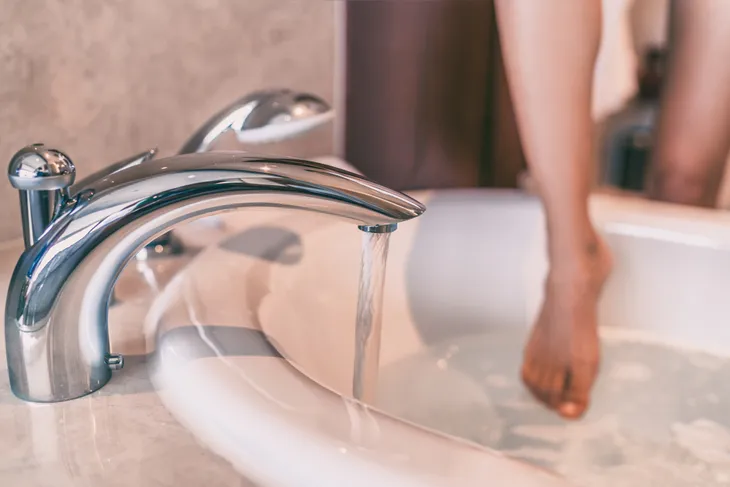If Jack Frost isn’t already nibbling at your nose and your toes—chances are he will be soon enough. It’s winter, which means, for many of us, the season of dry, itchy, red skin has arrived! However, for the roughly 8-million people across the U.S. with psoriasis, a chronic, immune-oriented skin condition, winter is looked upon with extreme dread.
Winter takes a toll on our skin as is, but psoriasis symptoms are particularly worse when you add cold, dry temperatures with little sunlight.
Here are nine pampering tips for your psoriasis-prone skin…
Moisten The Air By Plugging in a Humidifier
You’re not a cactus, which is why dry air doesn’t do your skin any favors. If the air in your home feels like the humidity has been literally sucked out that’s because it has. Plug in a trusty humidifier to add some much needed moisture to the air. I even make a point to turn mine on at night while I’m sleeping so that don’t wake up with dry, flaky, irritated skin.
Hydrate Your Body
Staying hydrated by drinking plenty of water and herbal teas will put moisture back where it counts—in your skin. And take special notice of your urine. If it’s dark yellow in color, you’re dehydrated. Bring a refillable water bottle or thermos of hot herbal tea everywhere you go so that you make regular drinking a healthy habit throughout your day.
Moisturize. Moisturize. Moisturize.
An effective way to treat visibly flakey, red, and itchy patches of skin is to use a thick moisturizer or prescription ointment. I look for an unscented brand (for sensitive skin) that forms an invisible barrier to lock moisture right into my skin. I also make it a habit to slather cream all over my body following a bath or shower when my pores are open and accepting of absorbing skin products. Stick to thicker emollients that are fragrance free and hypoallergenic. One of the best times to apply is after bath or shower.
Choose Soft Textured Clothing
Frosty climates might call for big, bulky wool sweaters, but abrasive fabrics don’t feel so nice against your skin. Scratchy clothing can trigger your psoriasis or irritate patches of skin prone to flare ups. So when you cozy up in a sweater, scarf, hat, and gloves for going out of doors, be sure to hand pick soft cotton-based items.
Draw a Bath vs. Taking a Shower
If you have psoriasis, you already know the dangers of long, hot showers. However, showers in general, regardless of the temperature, literally rob your skin of needed moisture, aggravating flare-ups. Instead of a shower, immerse your skin in a warm tub filled with a ½ cup of hydrating oil and Epsom salts to ease itchy, dry, scaly skin.
Reduce Alcohol Consumption
Even though medical researchers don’t known exactly why, drinking alcohol has been linked to causing psoriasis flare-ups, particularly in male patients. We do already know that alcohol has dehydrating properties, and it can also mix badly with certain prescription medications.
Ease Stress
Even though the holiday season is filled with family gatherings and gifts, for some, this can create a lot of anxiety. So instead of stressing about financial debt and family drama, avoid a psoriasis flare-up by pampering yourself with some yoga, a massage, or a day of relaxation if you feel anxiety building.
Watch What You Eat
If you have psoriasis, you’re doctor has likely drawn the connection between your flare-ups and your diet. Doctors recommend a diet rich in lean proteins, fruits and vegetables. While most medical experts suggest eliminating gluten and dairy products, which may cause skin irritation. Sugar is also pro-inflammatory. Cutting out or limiting high glycemic index foods can be helpful.
Proactively Prevent SAD
Many individuals who suffer from psoriasis also suffer from seasonal affective disorder (or SAD). Not only do you experience less “feel good” vitamin D (a vitamin absorbed from sunlight) during winter, if your symptoms flare-up in the colder months, it’s easy to become depressed. So be proactive and talk to your doctor about coping methods—such as light therapy.












